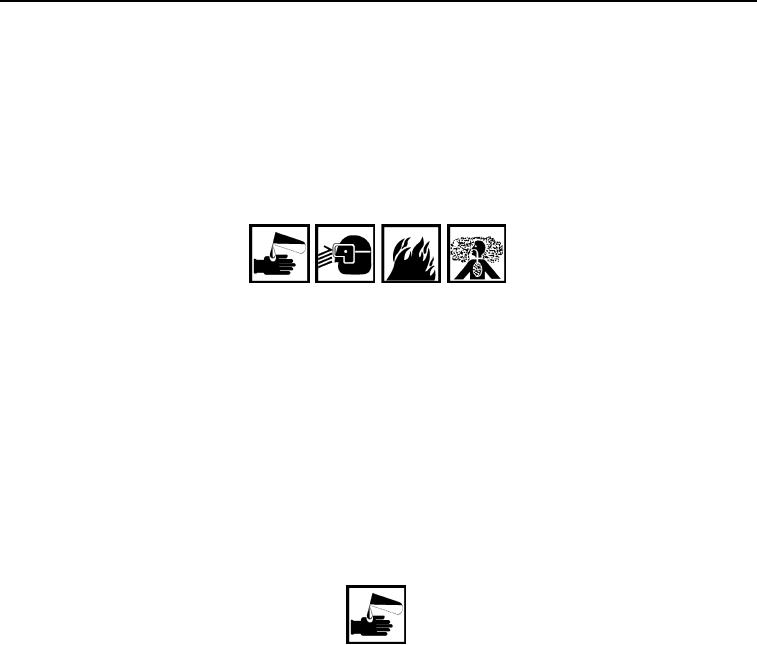
TM 5-3805-298-23-2
0168
GENERAL PMCS PROCEDURES
000168
1. Always perform PMCS in the same order so it gets to be a habit. Once you have had some practice, you will
spot anything wrong in a hurry. If any deficiency is discovered, perform the appropriate troubleshooting task in
this manual (WP 0005). If any component or system is not serviceable or if the given service does not correct
the deficiency, notify your supervisor.
2. Before performing preventive maintenance, read all the checks required for the applicable interval and prepare
everything needed to make all the checks. Have several clean rags handy. Perform ALL inspections at the
applicable interval.
WARNING
Solvent cleaning compound MIL-PRF-680 Type III is an environmentally compliant and
low toxic material. However, it may be irritating to the eyes and skin. Use protective gloves
and goggles. Use in well-ventilated areas. Keep away from open flames and other
sources of ignition. Failure to follow this warning may result in injury or death to personnel.
CAUTION
Be especially careful when cleaning electrical system components including lighting.
Damage or impaired operation could result if this caution is not observed.
a. Keep Equipment Clean. Dirt, grease, oil, and debris get in the way and may cover up a serious problem.
Clean as you work and as needed. Use solvent cleaning compound on all metal surfaces. Use general
purpose liquid detergent and water when you clean rubber, plastic, and painted surfaces. Spot paint as
required to prevent corrosion.
WARNING
When servicing this machine, performing maintenance or disposing of materials such as
engine coolant, hydraulic fluid, lubricants, battery acids or batteries, and CARC paint,
consult your unit/local hazardous waste disposal center or safety office for local regulatory
guidance. If further information is needed, please contact The Army Environmental Hotline
at 1-800-327-3845. Failure to follow this warning may result in injury or death to
personnel.
b. Hazardous Waste Disposal. Ensure all spills are cleaned up and disposed of IAW local policy and ordi-
nances.
c.
Rust and Corrosion. Check metal parts for rust and corrosion. If any bare metal or corrosion exists, clean
and apply a light coat of OE/HDO-30 lubricating oil. Report it to your supervisor.
d. Bolts, Nuts, and Screws. Check bolts, nuts, and screws for obvious looseness, missing, bent, or broken
condition. You cannot try them all with a tool, but look for chipped paint, bare metal, or rust around bolt
heads. If you find one is loose, tighten it.
e. Welds. Look for loose or chipped paint, rust, or gaps where parts are welded together. Report bad welds to
your supervisor.
0168-2

